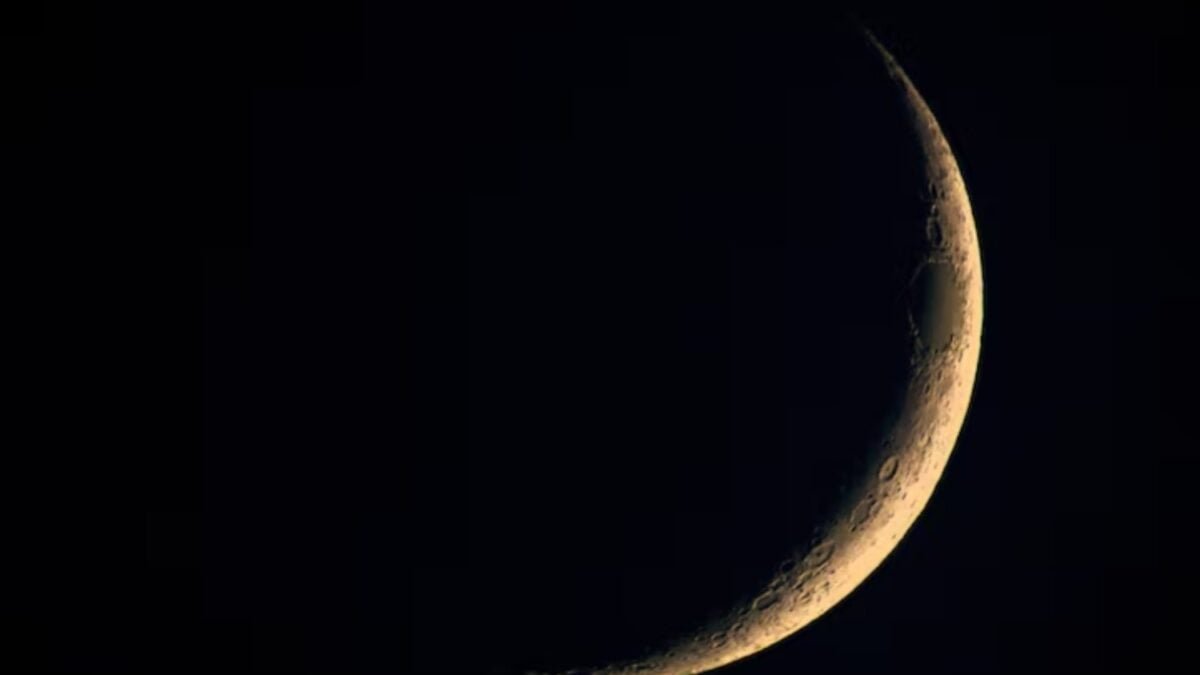An Unseen Moon Altering the Skies: A Rare Phenomenon that Takes Place Once in a Blue Moon

Although at first glance it may seem like nothing is happening, the sky this August offers us a rare phenomenon: the black moon. This lunar phase, which many are unaware of, is not distinguished by its presence, but by its absence. And precisely for that reason, astronomy enthusiasts celebrate it. Here we explain what it is, when it occurs, and why its “invisibility” is great news.
### What is a black moon really?
A black moon is nothing more than an extra new moon, that is, the repetition of that and remains completely invisible from Earth. Unlike the full moon, which illuminates the sky, the new moon darkens it, and when we have a black moon, that additional darkness is perfect for astronomical observation.

This phenomenon occurs because the Moon orbits the Earth every 27.3 days, while our monthly calendar has just over 30 days. That small difference accumulates, and from time to time, we have an additional new moon in the same month or season. The monthly black moon occurs when there are two new moons in a single month, while the seasonal black moon appears when in a season and this is the third one.
### A unique opportunity to see the calm sky
This August we will have a seasonal black moon. It will be on the 23rd and will mark the third new moon of the summer. We have already had one on June 25 and another on July 24, and the fourth one will arrive on September 21, just before autumn. This phenomenon will not repeat until 2027, so we are facing a special occasion.
The darkness generated by the black moon is highly valued by astronomers. Although the perseids—the most famous summer meteor shower—will reach their peak on August 12 and 13 with a sky quite illuminated by the Moon, the black moon will offer several subsequent nights of darker and cleaner sky, ideal for observing stray meteors or simply enjoying the Milky Way.

### A dark night, a sky full of possibilities
If you are lucky enough to get away from light pollution in the days after August 23, you will be able to enjoy one of the cleanest skies of the year. The black moon cannot be seen, but it is felt: its absence of light gives us a spectacular firmament. A good excuse to go out, lie down under the stars, and reconnect with the universe.






